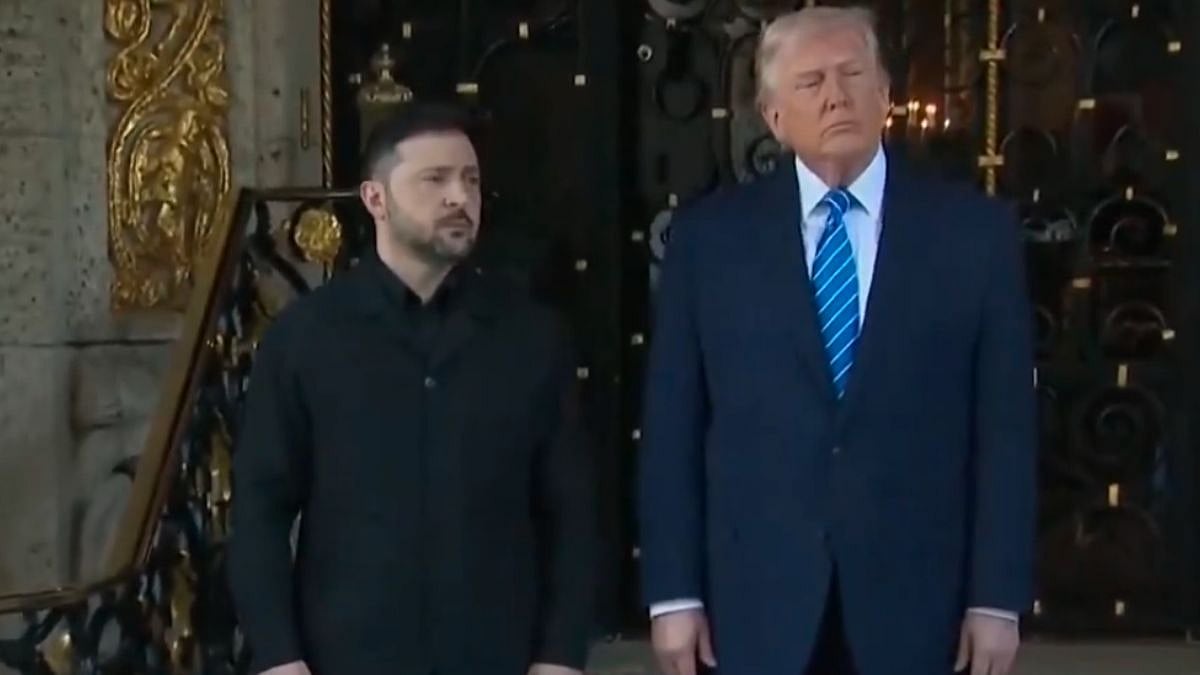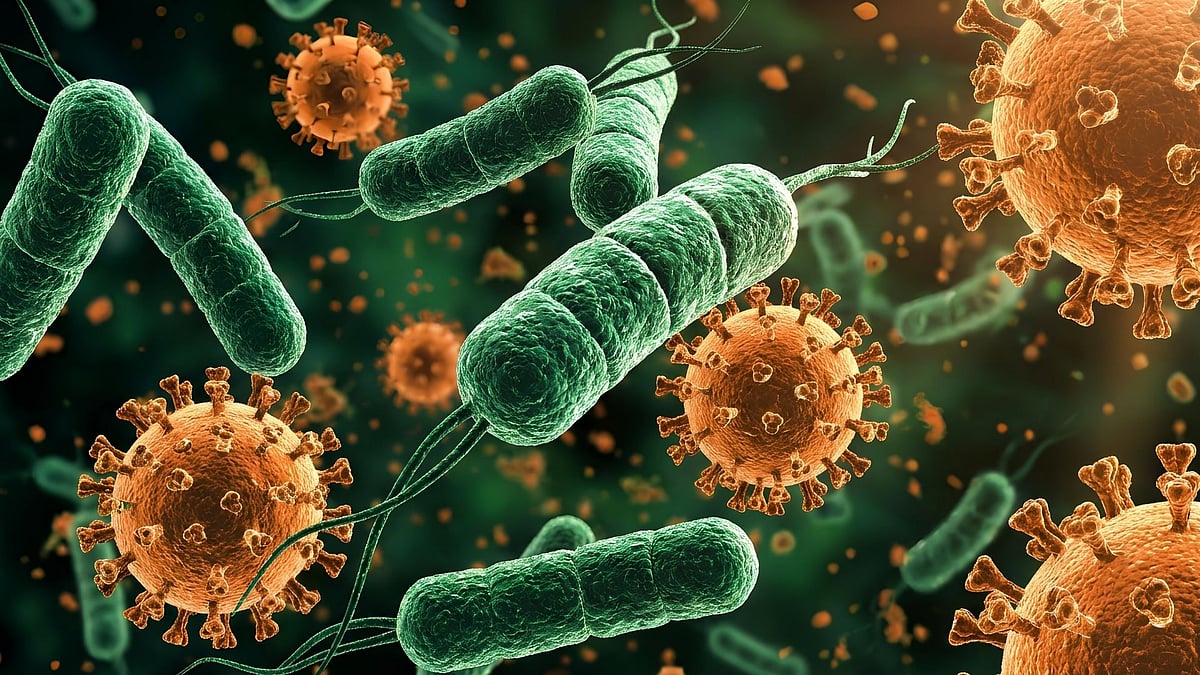Scents can alter how memories are processed in the brain, according to a study that suggests odours may be used to treat memory-related mood disorders. The traditional theory suggests that our memories start out being processed by a small, horseshoe-shaped brain area called the hippocampus, which infuses them with rich details.
Over time, especially when we sleep, the set of brain cells that holds onto a particular memory reactivates and reorganises. The memory then becomes processed by the front of the brain — the prefrontal cortex — instead of the hippocampus, and many of the details become lost in the shuffle, the researchers said.
“If odour could be used to elicit the rich recollection of a memory — even of a traumatic experience — we could take advantage of that (therapeutically),” said assistant professor Steve Ramirez, senior author of the study. The researchers created fear memories in mice by giving them a series of harmless but startling electric shocks inside a special container.
During the shocks, half of the mice were exposed to the scent of almond extract, while the other half were not exposed to any scent. The next day, the researchers returned the mice to the same container to prompt them to recall their newly formed memories. Both groups exhibited significant activation of the hippocampus during this early recall session, indicating they remembered receiving the shocks from the day before.
The researchers found that in the no-odour group, processing of the fear memory had shifted to the prefrontal cortex as expected. However, the odour group still had significant brain activity in the hippocampus. “This finding suggests that we can bias the hippocampus to come back online at a timepoint when we wouldn’t expect it to be online anymore because the memory is too old,” Ramirez said.










